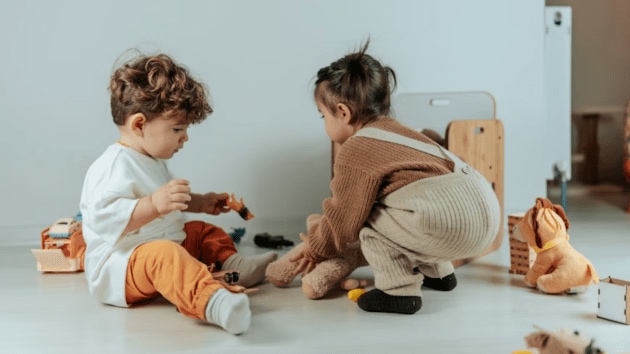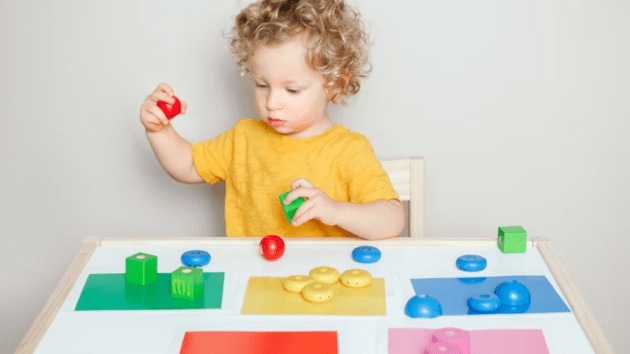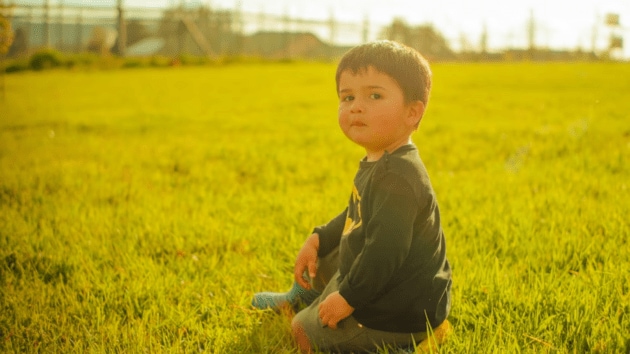Reasons playtime is essential for your child’s mental health
This Children's Day, know why playtime is absolutely important for your child's mental health, even if the burden of studies increases.
November 19, 2025 12:22 IST 1 / 7
1 / 7Playtime is far more than just fun for children, it is a crucial part of healthy emotional, cognitive, and social development. Here’s why play should remain a non-negotiable part of every child’s day. (Source: Photo by unsplash)
 2 / 7
2 / 7Supports Brain Development and Focus: Play stimulates areas of the brain linked to memory, attention, and learning. Children who get regular playtime often show better concentration and cognitive performance, benefiting both academic and mental health. (Source: Photo by unsplash)
 3 / 7
3 / 7Builds Resilience and Coping Abilities: Through play, children experience small setbacks and learn how to navigate them. These micro challenges help build resilience, teaching them to cope with frustration and bounce back emotionally. (Source: Photo by unsplash)
 4 / 7
4 / 7Emotional Expression in Children: Through play, children explore their feelings in a safe way, whether through role play, storytelling, or solving small conflicts. This helps them identify emotions better and develop stronger emotional intelligence. (Source: Photo by unsplash)
 5 / 7
5 / 7Strengthens Problem Solving and Creativity: Play challenges children to think creatively and find solutions, whether they’re building blocks or inventing imaginary games. This boosts cognitive flexibility and encourages innovative thinking. (Source: Photo by unsplash)
 6 / 7
6 / 7Enhances Social Skills and Cooperation: Playing with peers teaches children how to share, negotiate, take turns, and resolve disagreements. These early social interactions build confidence and prepare them for healthier relationships as they grow. (Source: Photo by unsplash)
 7 / 7
7 / 7Play Reduces Stress and Anxiety: Unstructured play allows children to release built up emotions and regulate stress naturally. When they run, laugh, or imagine new worlds, their bodies lower cortisol levels, helping them feel calmer and emotionally balanced. (Source: Photo by unsplash)











